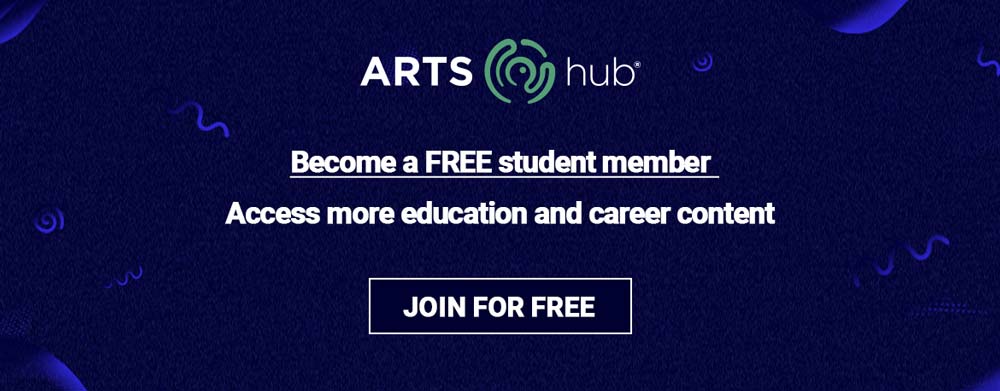A spiky echidna graced the front cover of the the Australian Universities Accord Interim Report revealed on 19 July by Education Minister Jason Clare.
Clare explained that he had asked the panel review team to be bold in their ideas for how to overhaul the troubled higher education sector: ‘To offer up a few big spiky ideas. They took me at my word, hence the echidna on the front page.’
These spiky ideas, proposed under the broad principles of making the sector fairer, more inclusive and more able to serve the job needs of Australia’s future, include: a levy on international student fees, and a huge increase of public funding for universities and academic research to bring it back into line with other OECD (Organisation for Economic Co-operation and Development) countries.
Ahead of the final report due in December, Clare said the Government will act on five immediate actions identified in the interim report:
- Establish up to 20 additional Regional University Study Hubs (formerly Regional University Centres) and establish up to 14 Suburban University Study Hubs.
- Abolish the 50% pass rule, introduced as part of the Job-ready Graduates Scheme, which has had a disproportionately negative impact on students from poor backgrounds and from the regions, and require increased reporting on student progress.
- Extend demand driven funding to all First Nations students who are eligible for the course they apply for. Currently this only applies to First Nations students in regional and remote Australia.
- Extend the Higher Education Continuity Guarantee for a further two years to provide funding certainty to universities as the Accord process rolls out and, as part of this, require universities to invest any remaining funding from their grant each year in additional academic and learning support for students from poor backgrounds, from the regions and from other under-represented groups.
- Work with state and territory governments to improve university governance. This includes university governing bodies having more people with expertise in the business of universities, and a focus on student and staff safety and making sure universities are good employers.
There are also more than 70 policy ideas that the Accord Panel is considering including in its Final Report and it seeks feedback on them by 1 September. For more expert analysis of the Accord, see The Conversation.
From around the web
Victorian Education Department set to shed hundreds of jobs – The Age
Victoria’s Education Department is set to cut more than 300 jobs, with staff informed of the planned cuts in a meeting late on Thursday (27 July) afternoon.
Students stuck paying high HECS debts for ‘failed’ scheme – SMH
Humanities students will be paying higher fees for the foreseeable future despite the Education Minister conceding the current university payment structure – which charges arts students three times more for their course than other students – has failed.
Do Not Enter: the barriers facing career changers wanting to teach – The Educator online
An acute teacher shortage means we need massive uptake of the profession, yet some of the eligibility criteria are keeping keen people out. These include the need for an undergraduate “major” in the field you want to teach, and that your knowledge must be “current”, defined by work experience in the field if your degree is more than 10 years old.
MFA programs in LA see enrolment dip as costs rise – Hyperallergic
Masters of Fine Arts programs, often considered a foundation for a career in the arts in the US, are still popular, but many are questioning whether they can be sustainable.
It’s a kind of magic: AI and the future of education – AEU News
Jeff Sparrow believes AI is raising key questions about the nature and purpose of education.
Why we must teach our teenagers to break free of fear and fight for creative freedom – The Guardian
Teenagers are terrified of getting things wrong and risking failure, and who can blame them?
From ArtsHub
Federal Government grants $3.42 million for arts education for kids
Four arts organisations share in funding aimed at developing the next generation of performers and creatives.
$1 million grant to aid art music graduates
A new partnership between the Australian National Academy of Music (ANAM) and The Ian Potter Cultural Trust will support ANAM alumni in forging independent careers.
Bridging the arts/science divide with stories for kids with autism
Dr Rina Fu’s cartoon series helps bring the world of science, technology and art to all students.
Moral panic over sex-ed book overlooks real value of teen sex education
The moral panic over a sex education book for teens has seen Big W staff abused, and ignores the ways age-appropriate sex education can keep children and teenagers safe, Emma Whatman explains.






